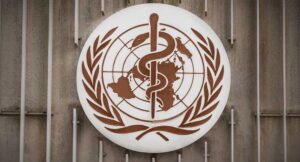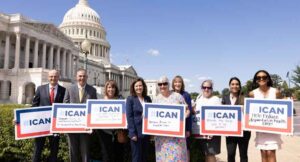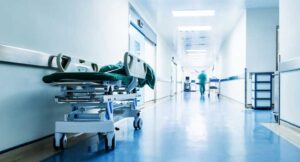BioIntelliSense, a leader in continuous health monitoring and clinical intelligence, and Hicuity Health, a leading provider of tech-enabled virtual care services, today announced a strategic partnership to offer fully managed, end-to-end continuous patient monitoring to hospitals and health systems. This partnership addresses critical infrastructure and staffing challenges faced by hospitals and health systems, empowering them to deploy proven, scalable monitoring solutions for in-hospital care, hospital-at-home programs, post-hospital discharge and chronic remote care management.
Through this partnership, the BioIntelliSense FDA-cleared BioButton® multi-parameter device and BioDashboard™ clinical intelligence system will integrate seamlessly with Hicuity Health’s 24/7 virtual patient monitoring services, to provide nurses and other clinicians with actionable health insights and workflow efficiencies. Hicuity Health services are designed to reduce the workforce burden of on-site clinical teams and leverage decades of experience and leadership in high-acuity patient monitoring, delivering over 11 million hours annually of patient monitoring across its nationwide client base.
“The BioIntelliSense award-winning medical-grade solution, combined with Hicuity Health’s extensive experience in patient monitoring services, ensures that health systems of all sizes can now deploy and scale continuous care programs from in-hospital to home,” said James Mault, MD, CEO and Founder of BioIntelliSense. “This partnership addresses current staffing challenges for health systems by offering a comprehensive tech-enabled solution for scalable continuous care that is proven to enable earlier interventions, better patient outcomes, and more efficient use of clinical resources.”
The addition of the Hicuity Health patient monitoring service is an ideal option for hospitals and health systems looking to either initiate or expand their virtual care programs. The rechargeable, wireless BioButton® wearable continuously and passively monitors patient vital signs and biometrics, automating the collection of 1,440 measurements per patient per day. The BioDashboard clinical intelligence engine provides algorithmic-based analytics and vital sign trends which are then securely monitored by Hicuity Health. Hicuity Health’s clinical teams follow predefined workflows and escalation protocols in collaboration with the health system to support timely interventions and better patient outcomes.
“At Hicuity Health, we are committed to transforming the way healthcare is delivered through trusted and innovative virtual care solutions that scale to the needs of hospital systems nationwide,” said Lou Silverman, CEO of Hicuity Health. “By partnering with BioIntelliSense, we’re bringing an unparalleled level of support, flexibility and scalability to hospitals and health systems, helping them provide the highest level of care for patients in-hospital and at-home.”
NewsBit Bureau









